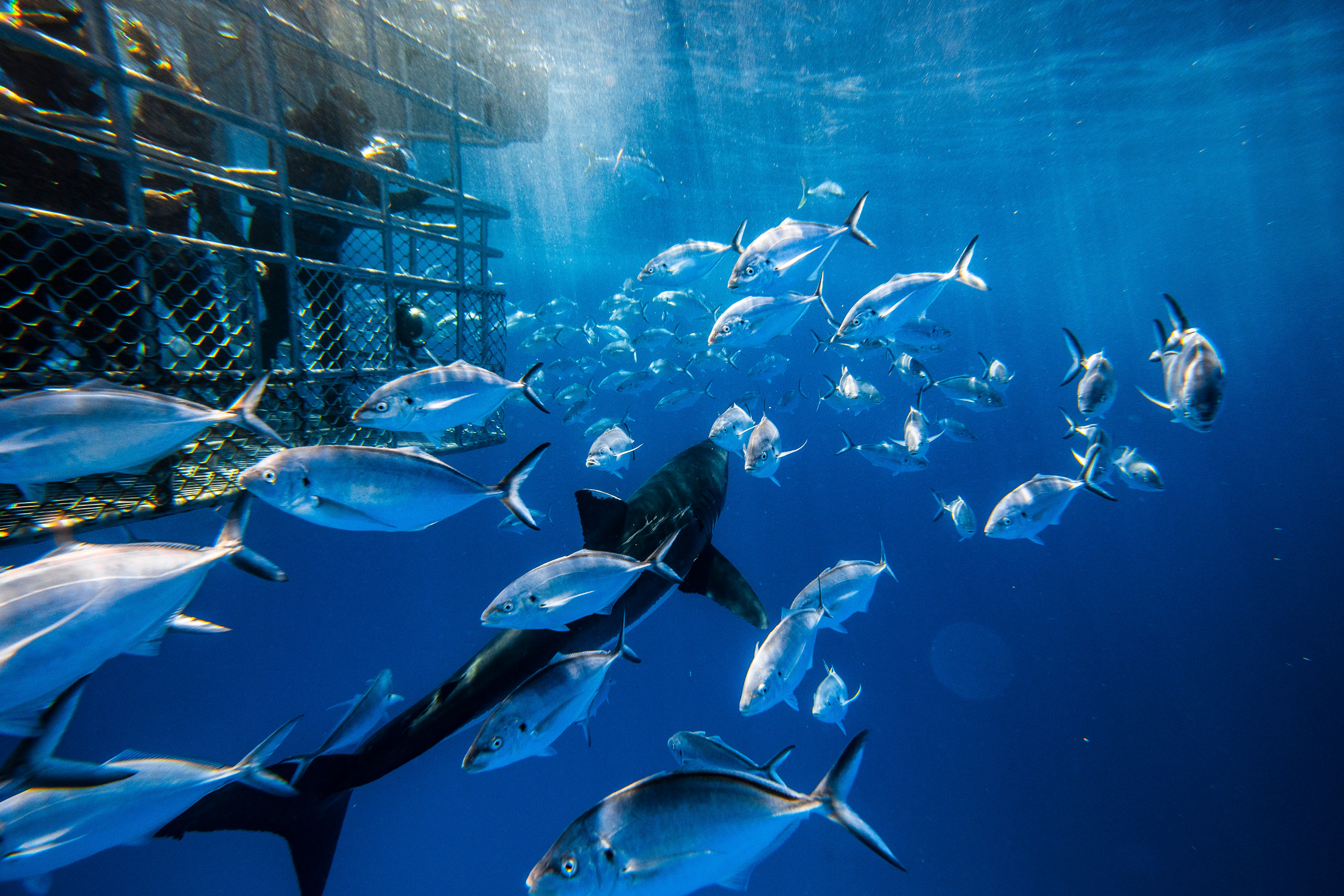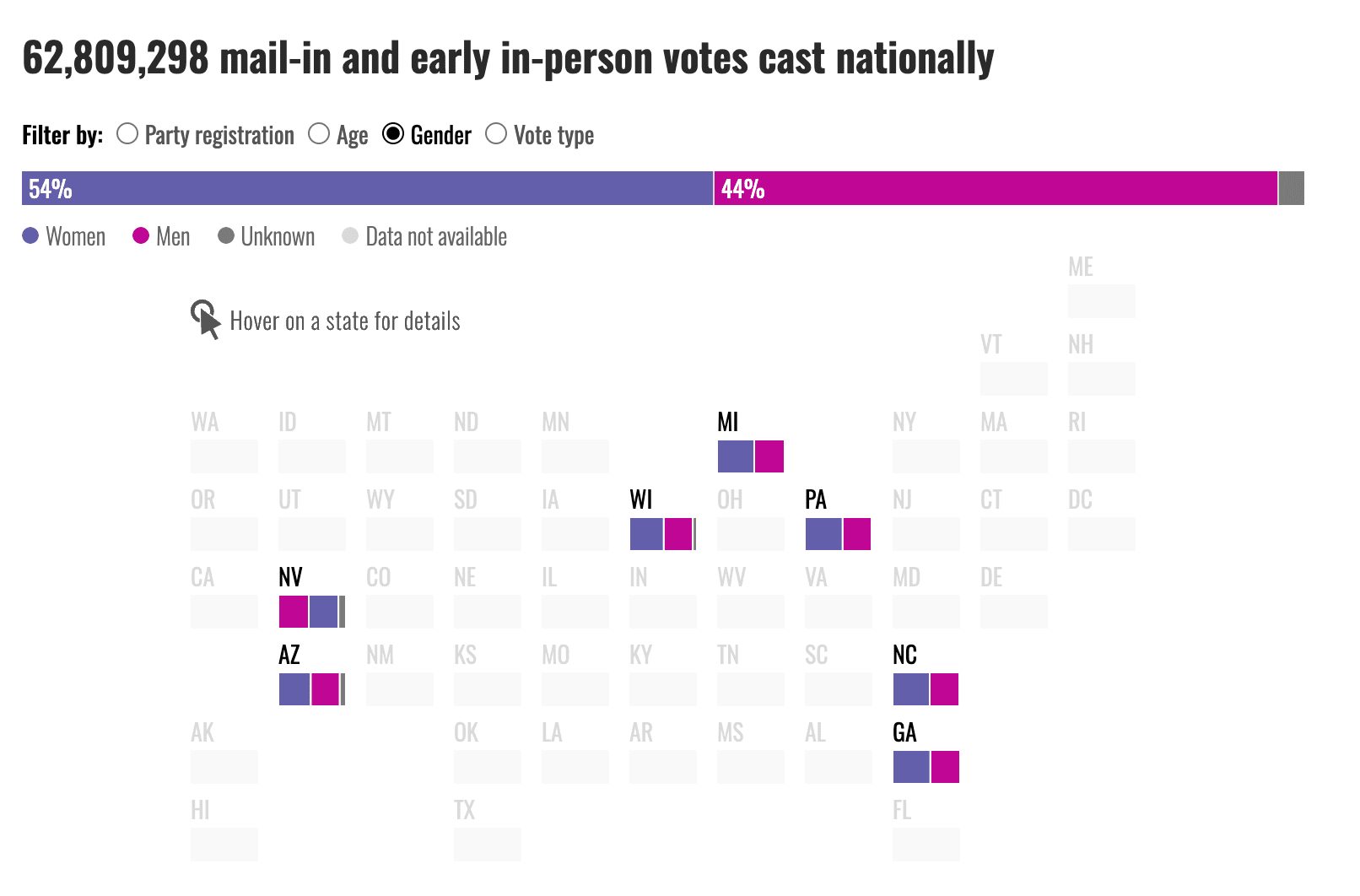
UN Reaches an Agreement on a Historic Ocean Treaty
How do you feel about the High Seas Treaty?
What’s the story?
- After 10 years of negotiations, nations reached a historic agreement to protect the world’s oceans — the High Seas Treaty.
- The treaty, the first marine protection agreement in 40 years, pledges to protect 30% of international waters by 2030. Oceans Campaigner for Greenpeace Nordin Laura Meller applauded the nations, saying:
“This is a historic day for conservation and a sign that in a divided world, protecting nature and people can triumph over geopolitics.”
What does the treaty do?
- The nations agreed to increase the safeguarding of high seas, which are international waters where all countries have the right to fish, ship, and conduct research.
- Two-thirds of the world’s oceans are considered high seas, but only 1.2% are protected, making these areas vulnerable to the risks of climate change. The pact limits fishing, shipping routes, invasive exploration, deep-sea mining, and other harmful activities in these waters.
- The nations agreed on sharing the marine genetic resources found, such as biological material from plants and animals in the seas, which can be used in food and pharmaceuticals.
- The International Seabed Authority that oversees licensing said:
“[A]ny future activity in the deep seabed will be subject to strict environmental regulations and oversight to ensure that they are carried out sustainably and responsibly.”
- Wealthier nations with the funds to explore the deep sea pledged to put money towards the fulfillment of the treaty, as poorer countries fight to ensure they see benefits to deep sea dives and resource extractions.
Marine species at risk
- According to the IUCN’s latest assessment of marine life, nearly 10% of species are at risk of extinction, and 41% are affected by the climate crisis.
- The chief research officer at Nigerian Institute for Oceanography and Marine Research, Dr. Ngozi Oguguah, said:
“The two biggest causes [of extinction] are overfishing and pollution. If we have marine protected sanctuaries most of the marine resources will have time to recover.”
- In recent years, mass mortality events have been reported as climate change increased marine heat waves around 20-fold, on top of extreme cyclones and acidic waters. Minna Epps, head of the IUCN’s ocean team, explained why climate change is so dangerous:
“A bit more than a quarter of emitted carbon dioxide is actually being absorbed by the ocean. That makes the ocean much more acidic, which means that it’s going to be less productive and jeopardize certain species and ecosystems.”
What's next?
- The countries will meet again to adopt and implement the treaty formally.
- Director of Pews Trust ocean governance team Liz Karan said:
"It will take some time to take effect. Countries have to ratify it for it to enter force. Then there are a lot of institutional bodies...that have to get set up."
How do you feel about the High Seas Treaty?
-Jamie Epstein
(Photo credit: iStock/Philip Thurston)
The Latest
-
 The Long Arc: Taking Action in Times of Change“Change does not roll in on the wheels of inevitability, but comes through continuous struggle.” Martin Luther King Jr. Today in read more... Advocacy
The Long Arc: Taking Action in Times of Change“Change does not roll in on the wheels of inevitability, but comes through continuous struggle.” Martin Luther King Jr. Today in read more... Advocacy -
 Thousands Displaced as Climate Change Fuels Wildfire Catastrophe in Los AngelesIt's been a week of unprecedented destruction in Los Angeles. So far the Palisades, Eaton and other fires have burned 35,000 read more... Environment
Thousands Displaced as Climate Change Fuels Wildfire Catastrophe in Los AngelesIt's been a week of unprecedented destruction in Los Angeles. So far the Palisades, Eaton and other fires have burned 35,000 read more... Environment -
 Puberty, Privacy, and PolicyOn December 11, the Montana Supreme Court temporarily blocked SB99 , a law that sought to ban gender-affirming care for read more... Families
Puberty, Privacy, and PolicyOn December 11, the Montana Supreme Court temporarily blocked SB99 , a law that sought to ban gender-affirming care for read more... Families -
 Women Are Shaping This Election — Why Is the Media Missing It?As we reflect on the media coverage of this election season, it’s clear that mainstream outlets have zeroed in on the usual read more... Elections
Women Are Shaping This Election — Why Is the Media Missing It?As we reflect on the media coverage of this election season, it’s clear that mainstream outlets have zeroed in on the usual read more... Elections
 Climate & Consumption
Climate & Consumption
 Health & Hunger
Health & Hunger
 Politics & Policy
Politics & Policy
 Safety & Security
Safety & Security

A Baby Step In The Right Direction! Now, Get It Signed, Then Accelerate Its Implementation In This Country!
The Biodiversity Beyond National Jurisdiction treaty reached agreement on the text of the legal framework for environmental protections to the high seas but there are many issues still to be worked out in a long process of ratification and implementation.
The treaty needs to be adopted by member states, then ratified by at least 60 countries. A similar international treaty, the Paris climate agreement, took almost a year to be signed and ratified.
In addition actual implementation like how marine protected areas will be managed, connected and enforced.
https://www.newscientist.com/article/2362921-what-is-the-un-high-seas-treaty-and-will-it-save-the-worlds-oceans/
Historically late
I will be interested to see if we pass this agreeement/treaty in the Senate.
I believe this must be approved by the Senate and signed by the President in order for this to be law for the United States.
This will be something to follow.
It's a start, but let's see what actually gets done before getting excited.
Stop the world, I want to get off.......people make their livelihood on the sea. What makes anyone think any country will fully comp,y and who is the world monitor on this matter?
Stop the craziness!
I applaud multinational agreements like this to protect the oceans and climate, but frankly it doesn't go far enough. This only protects a fraction of international waters, and we need all oceans to be protected.
Hopefully this is just the beginning, and that soon we can get commitments to protect even more of our precious marine life.
It's a great step to protecting the oceans.
Good beginning. How many countries will back this? There is always room for improvememnt so we will have to wait and see what will actually happen. This is something that must be followed through with no matter the cost. Those who create the biggest problems will have to brought into line and "babysat" to make sure they don't "buy" some government off so they won't be forced to be responsible for any costs to the problem. Our environment and the climate are the life blood of our planet and ALL living creatures upon it. Strict enforcement will have to be a must. Littering in any form should be illegal, anyway. No matter who you are or what company you represent. Let us "get R done".
This is giving up our sovereignty to one organization that will set the rules. For instance we have sea routes just like an Interstate highway in the oceans. These are established routes for decades that travel over very deep oceans which allow the ships to travel at max speeds. Normally around 23-25 knots depending on weather.
If ghis organization decides that ships have used that route for so long that the routes should now be 1000 miles farther south that becomes the new route.
I have been on about ten cruises in the last five years and have been lucky to get a balcony. I enjoy sitting on the balcony late at night and you notice other ships traveling with you within five miles or so. Ships of the same brand travel behind or in front of your ship ships from other companies travel 1-3 mile to your left or right. Ship traveling in the opposite direction travel 5-7 miles to your left or right side of your ship. It is like a highway system. When ships are coming near a port about ten miles out they pretty much get in single file as there are like we have got on a two lane highway and one lane into port and one lane out. There are only so many tug boats in port and X amount of Harbor Pilots to drive the ship into port docks. The big cruise ships can move sideways into a dock so don't need tugs unless extreme winds.
One port I was in recently had water taxi that took passengers about five mile to shore and back to the ship. There were four big passengers ships anchored out in the ocean.
So for our passengers ships and containers ships we do not need a organization to rule over us.
China will not abide.
Of course, this is not enough by a long shot.
this is really great ! the ripple effect from this will be noticeable.
Now if only we could get a handle on those nations that refused to sign such a treaty.....
We must change from the mindset that our planet 🌎 is an infinite supply of animals and minerals to one that it is: finite.
The question will be enforcement.
Good, but probably too little, too late...
There are many parts of the world that depend on the sea for a major part of their diet. Along with changes in temperature and overfishing the ocean may not be able to sustain these people much longer. I suppose everyone could go vegan.
This treaty is a great thing if nations abid by it. What if they dont?
Saving the world from humanity's abuses means saving the oceans, too. This should be a no-brainer.
I hope that this treaty has a real impact that can be enforced and followed. We have had enough symbolic measures and agreements without follow through.
Make it happen, and then make it happen more. It's a start, and its how governments work, but we are running out of time.
It's another step in the right direction. Now can we get the greedy to obey it? Can we build upon it?
It's a good first step. If we expect the planet to survive, we need to maximize efforts to protect the environment, all of it.
It's a step in the right direction!
Glad there hope for our planet
Honestly, the High Seas Treaty is the last bastion of hope for mankind to survive!
We've done a good job of ruining the precious earthen of our home world - not fully ruined, but coming close to it. I think the world is finally taking notice of how destructive climate change can be and albeit reluctantly taking action.
Earth has 71% that is compromised of water. Preserve the integrity of the oceans and humanity has a greater chance of surviving.
Simple as that.
Want our children and a further down to the future to survive? The Treaty is a good beginning but ways to go!!!
Please, please be environmentally sensitive so we can survive!
It's a start. They have a long way to go to flesh out the particualrs of this treaty.
As always, the devil will be in the details.
And American Big Business will try to push their harmful agendas during the coming negotiations.